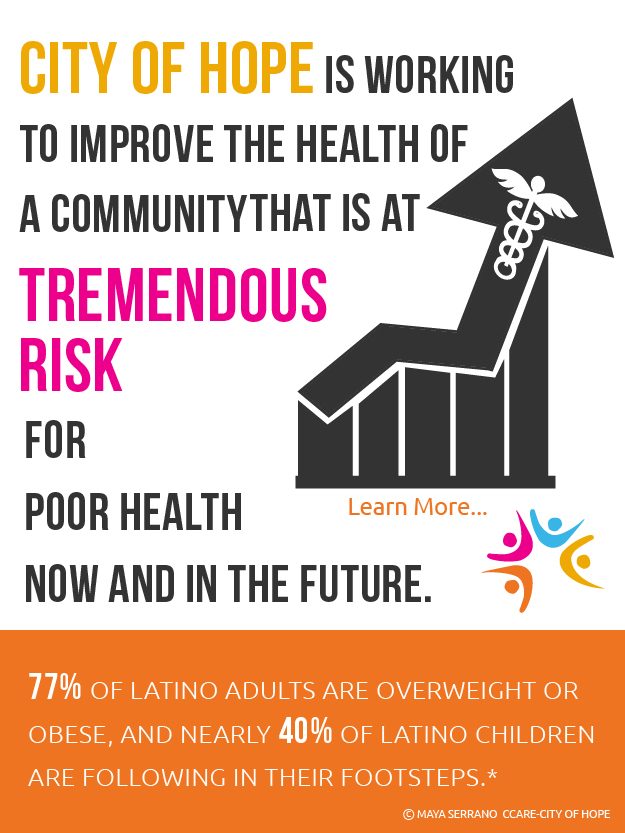The study found that making nutrient-rich vegetables (including leafy foods such as spinach or broccoli and orangish vegetables such as carrots) even a small part of a child’s daily diet reduced bad fats in the body. It also improved insulin levels in a group of overweight Latino children monitored by a research team from the Keck School of Medicine at the University of Southern California and from The University of Texas at Austin.
Children who regularly consumed one or two fist-size servings of these nonstarchy vegetables reduced their risk for liver problems, Type 2 diabetes and other complications of obesity. Although the children, who ranged in age from 8 to 18, continued to eat fewer nutritious vegetables than what’s recommended by the U.S. Department of Agriculture, the improvements to their health were significant.
“For a lot of at-risk children, intake of vegetables is really low,” said Jaimie Davis, an assistant professor in the Department of Nutritional Sciences at UT Austin and one of the authors of the study, which notes that fewer than 6 percent of children eat the USDA-recommended multiple servings of nutrient-rich vegetables most days.
“We found, though, even eating less than a full serving of these vegetables can really have a pronounced effect on children’s health. One large leafy green salad as a regular part of lunch is enough to make a difference.”
Researchers looked at the effects of nutrient-rich vegetables in the diets of 175 overweight or obese Latino youths in Los Angeles. They found differences of a quarter cup per day in consumption of nutritious vegetables could be linked to improvements in metabolic health, including lower insulin levels and fewer “bad fats” in the body: visceral fat that lingers around internal organs and liver fat. Some types of body fats are more dangerous because they can lead to serious health complications, and they send the wrong signals to the brain about when and how much to eat.
Authors of the study emphasized that the type of vegetable matters, and that starchier vegetables such as corn and potatoes did not bring the positive effects of leafy greens and orange vegetables.













Post your Comment
Please login or sign up to comment
Comments